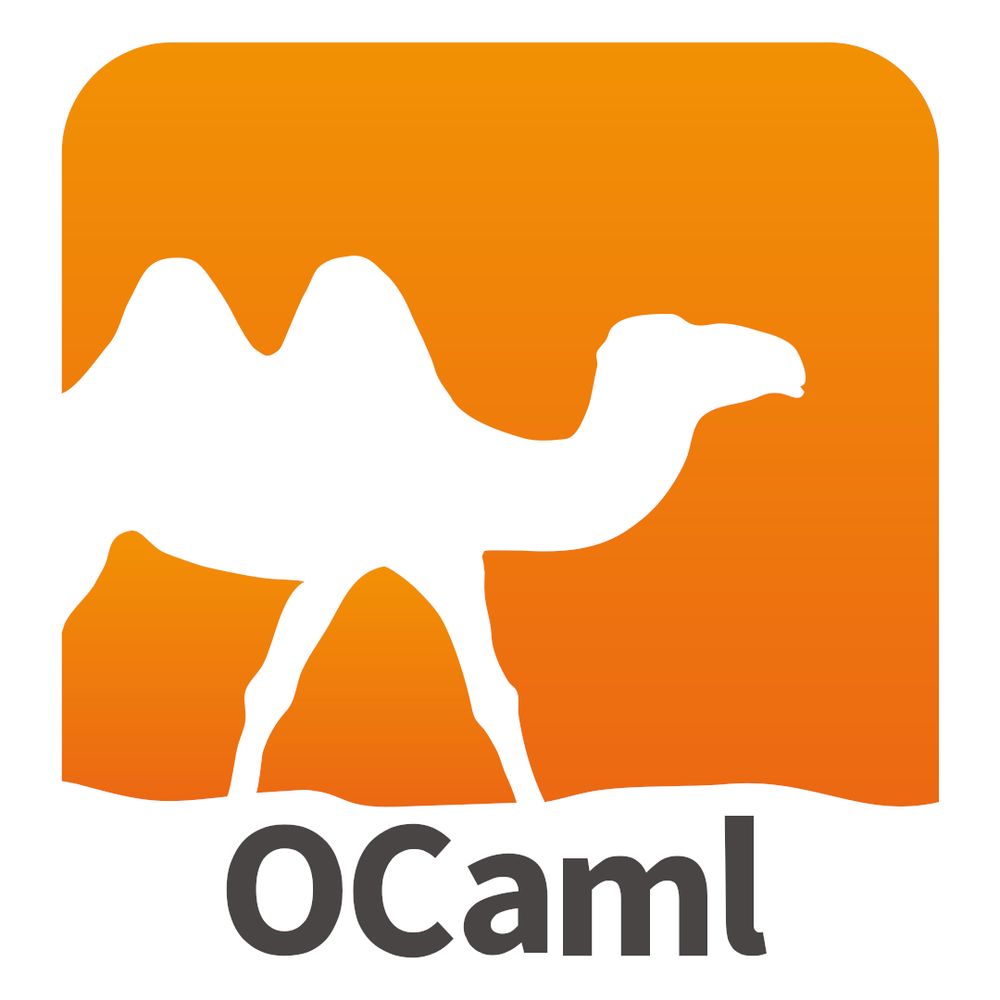





https://blog.robur.coop/articles/2025-18-12-bancos.html
https://blog.robur.coop/articles/2025-18-12-bancos.html
https://blog.robur.coop/articles/mollymawk-email-notifs.html
https://blog.robur.coop/articles/mollymawk-email-notifs.html
https://www.tunbury.org/2026/01/28/claude-spec/

https://www.tunbury.org/2026/01/28/claude-spec/

